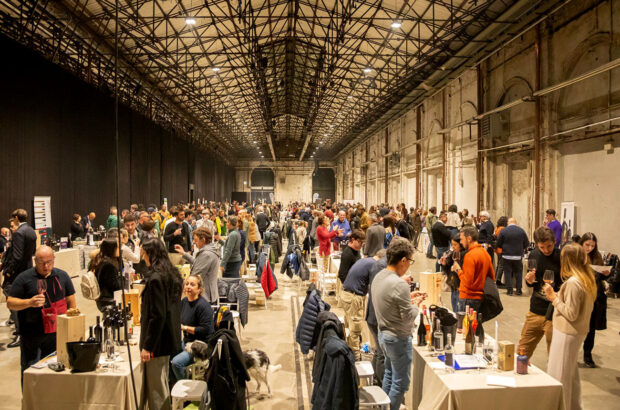Hundreds of jobs are being lost in the South African wine packaging industry as bulk exports soar - leading to the spectre of a trade war between the UK and South Africa.
Bulk exports ‘have soared’
Bulk exports – mainly to the UK but also to Germany – stood at around 40m litres in 2006 but since then have soared to 50-60m litres.
In 2006, these bulk shipments represented 35% of South African exports; this year the figure is 52%. There are compelling advantages to shipping wine in bulk: it is cheaper, better for the environment, creates packaging jobs in the destination country, and end users can tailor packaging more closely to suit their markets.
For every 10m litres of wine that are exported, 107 jobs are lost in packaging, a Wines of South Africa (WoSA) spokesman told Decanter.com.
There have been around 700 job losses so far, according to the government, which is threatening tit-for-tat moves on whisky imports.
The government has announced a study into the trade imbalance between whisky imports and wine exports: South Africa imported 1.7bn rand (£129m) of whisky last year, while it exported wine valued at 993m rand (£75m).
‘Why shouldn’t South Africa be importing bulk whisky from the UK and bottling it locally, so that we can at least attempt to prevent some of the job losses that we’ve seen up to now spreading to other parts of the economy?’ Stephen Hanival, chief director of agro-processing at the South African government’s trade and industry department, told the Guardian.
The government also says it will develop a five-year industry growth strategy to counter the effects of bulk exports.
This will include plans to reduce the environmental effects of packaging, and working closely with the packaging industry to develop new packaging solutions with emphasis on sustainable alternatives.
It will also examine ways of diversifying the export market and reducing reliance on the UK market, and it has stepped up quality checks on wines after bottling in the UK and Germany.
Andre Morgenthal, communications manager at WoSA, said there were other concerns besides job losses, namely the damage to the image of South African wine should bulk wines be adulterated before bottling, and that he was not sure ‘these sort of tit-for-tat moves were the best thing.’
He added that while WoSA welcomed the government’s initiatives, exporting in bulk was a matter of economics and those figures could not be reversed: ‘of course it is much more cost effective to ship in bulk – there’s nothing much we can do about that.
‘But the government needs to give more financial assistance into research and marketing as the EU and other governments do.’
[image: sturrockshipping.com]
Written by Adam Lechmere







